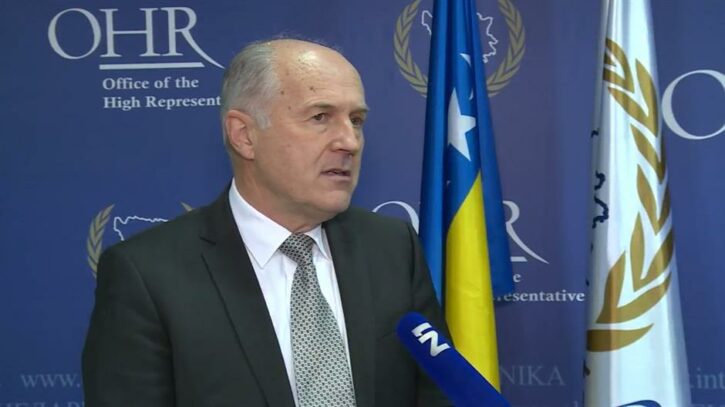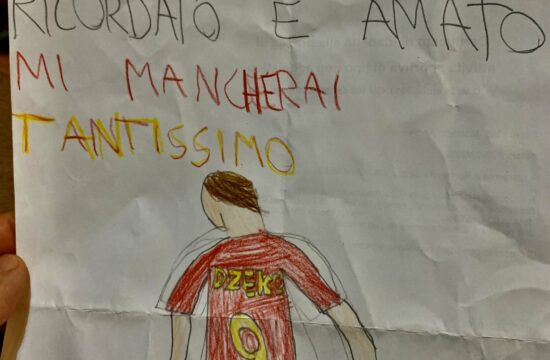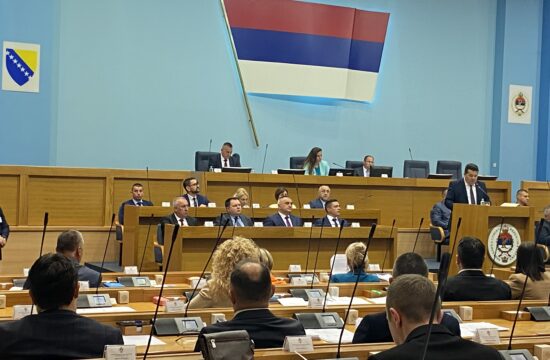
One of Bosnia's two entities unilaterally initiated the procedure to form the auxiliary police unit, which caused a negative spiral of mistrust in the country, causing further divisions, international community's High Representative Valentin Inzko said during the meeting with UN's Secretary-General Antonio Guterres in New York, on Tuesday.
“They should not proceed with creating a police reserve, but rather open dialogue with the state-level and the Federation of Bosnia and Herzegovina entity law enforcement agencies,” Inzko said speaking about the recent move by the Serb-dominated Republika Srpska (RS) entity on establishing an auxiliary unit of 1,000 young police officers who would allegedly, serve as help in the fight against terrorism and illegal border crossing.
This move caused fierce reactions from some Bosnian politicians calling for the establishment of a similar unit in Bosnia's other semi-autonomous entity, the Federation of Bosnia and Herzegovina (FBiH).
Speaking to the UN Secretary General, Inzko, who oversees the civilian implementation of the Dayton Peace Agreement that ended the 1992-1995 war in Bosnia, spoke about his report on the overall status of peace implementation in the country which will be presented on Wednesday.
He noted that Bosnian politicians should finally form the government at all levels in the country and focus on improving the functioning of the State level government.
“The international community is looking for new governments to be formed as quickly as possible. Most importantly, BiH needs to become more functional and more effective. Undermining of state-level institutions, talks about statehood of entities, secession and drawing of new borders must end immediately,” Inzko noted.
He also called on the authorities to implement the remaining court rulings like the one from the European Court for Human rights in the case of Sejdic-Finci, and other cases, as well as other verdicts of constitutional courts.
In 2009, the Roma representative Dervo Sejdic and former head of the Jewish Community, Jakob Finci, sued Bosnia for its discriminatory Constitution barring them – as they are neither Bosniaks, Croats or Serbs – from running for Presidency. The European Court of Human Rights in Strasbourg ruled in favour of Sejdic and Finci, saying the state is discriminating against them as a Roma and a Jew.
Bosnia has, however, never managed to fix this issue because the ethnic-oriented parties prefer to keep it the way it is: that Serbs living in the RS, elect the Serb member of the country’s tripartite Presidency and that the other two members are elected by people living in the other half of the country which Bosniaks and Croats share, the Federation (FBiH).
Politicians should also focus on the rule of law, stability and prosperity and the well being of all peoples and citizens in Bosnia, Inzko said.
The High Representative thanked the Secretary-general on the long-standing support and determination to peace and stability in Bosnia.




